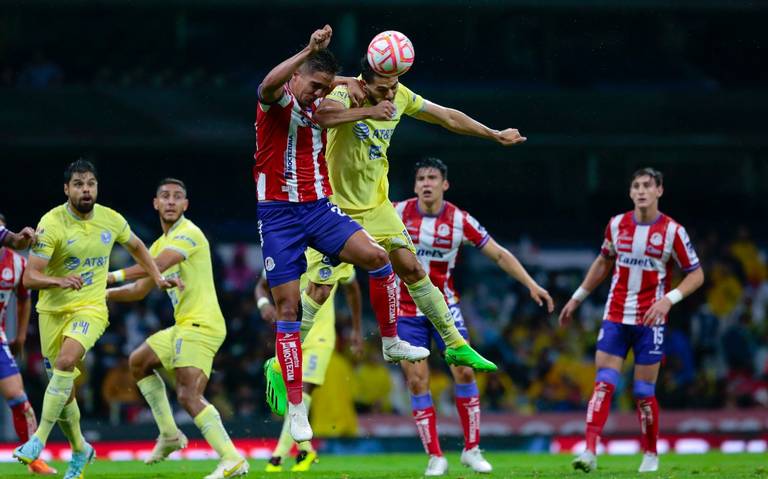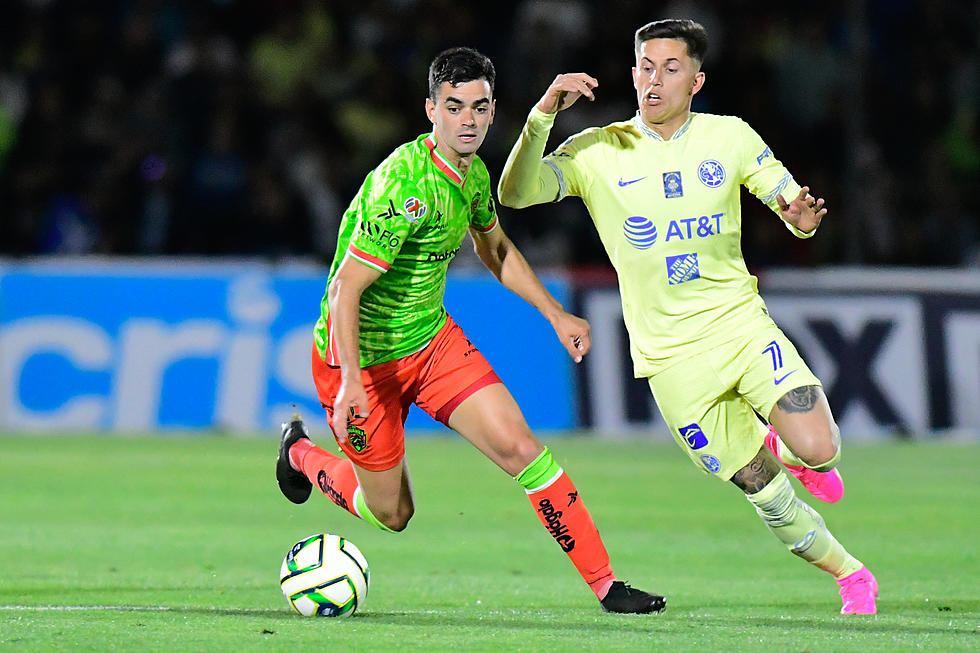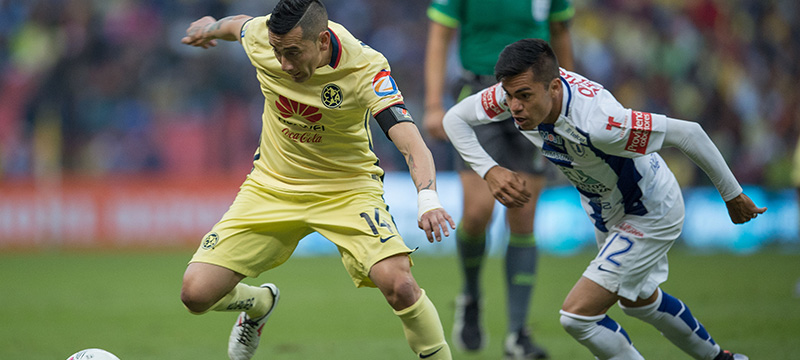
Introduction:
Harry Chapin’s iconic song “Cats in the Cradle” is a timeless classic that has touched the hearts of generations. Released in 1974, this song tells a poignant story of a father’s relationship with his son. Through its haunting lyrics and emotional melody, “Cats in the Cradle” has struck a chord with listeners worldwide. In this article, we will delve into the meaning behind the lyrics of this memorable song and explore the powerful message it conveys.

Verse 1: “My child arrived just the other day, He came to the world in the usual way”
The opening lines of the song set the stage by describing the birth of the narrator’s child. It highlights the arrival of the child as a significant event in the father’s life, representing the joy that parenthood can bring.
Verse 2: “He said, ‘I’m gonna be like you, Dad, You know I’m gonna be like you.'”
Here, the child expresses his desire to emulate his father, showing admiration and a longing for a close father-son relationship. It reflects the natural tendency of children to look up to their parents as role models.

Chorus: “And the cat’s in the cradle and the silver spoon, Little boy blue and the man in the moon”
The chorus introduces the recurring metaphor of the “cat’s in the cradle and the silver spoon.” This image symbolizes the passage of time and the changing roles within the family. The “cat’s in the cradle” represents childhood, while the “silver spoon” represents material success or work-related pursuits.
Verse 3: “When you coming home, Dad? I don’t know when, But we’ll get together then, You know we’ll have a good time then.”
In this verse, the child repeatedly asks when his father will spend time with him. The father responds with vague promises of future togetherness, highlighting the busyness and preoccupation that can come with work and other responsibilities.
Verse 4: “My son turned ten just the other day, He said, ‘Thanks for the ball, Dad, come on, let’s play.'”
As the son grows older, he continues to seek his father’s attention and involvement in his life. He still wants to connect and bond with his father through simple activities like playing catch.
Chorus Reprise: “And the cat’s in the cradle and the silver spoon, Little boy blue and the man in the moon”
The chorus is repeated, underscoring the passage of time and the changing dynamics in the father-son relationship. The “cat’s in the cradle” symbolizes missed opportunities for quality time.
Verse 5: “I’ve long since retired and my son’s moved away, I called him up just the other day.”
In this verse, the father has retired, and his son has grown up and moved out. Now, the roles are reversed, and the father is the one seeking to connect with his son.

Verse 6: “I’d love to see you if you don’t mind, I said, ‘I’d love to, Dad, if I could find the time.'”
The son, now an adult with his own busy life, responds with a similar excuse that his father once used. The cycle of missed opportunities continues.
Conclusion:
“Cats in the Cradle” is a song that resonates deeply with audiences because it reflects the universal experience of many parents and children. It serves as a poignant reminder of the importance of making time for loved ones, especially in the midst of life’s distractions and responsibilities. The song’s enduring popularity lies in its ability to provoke self-reflection and inspire listeners to prioritize the relationships that matter most in their lives.





